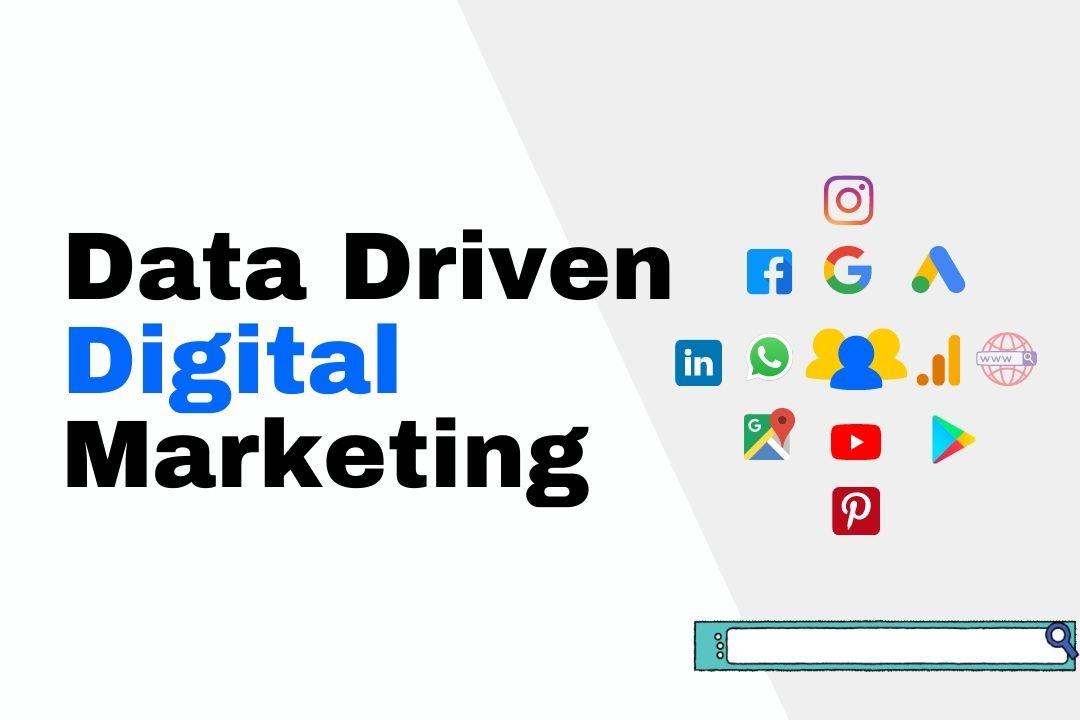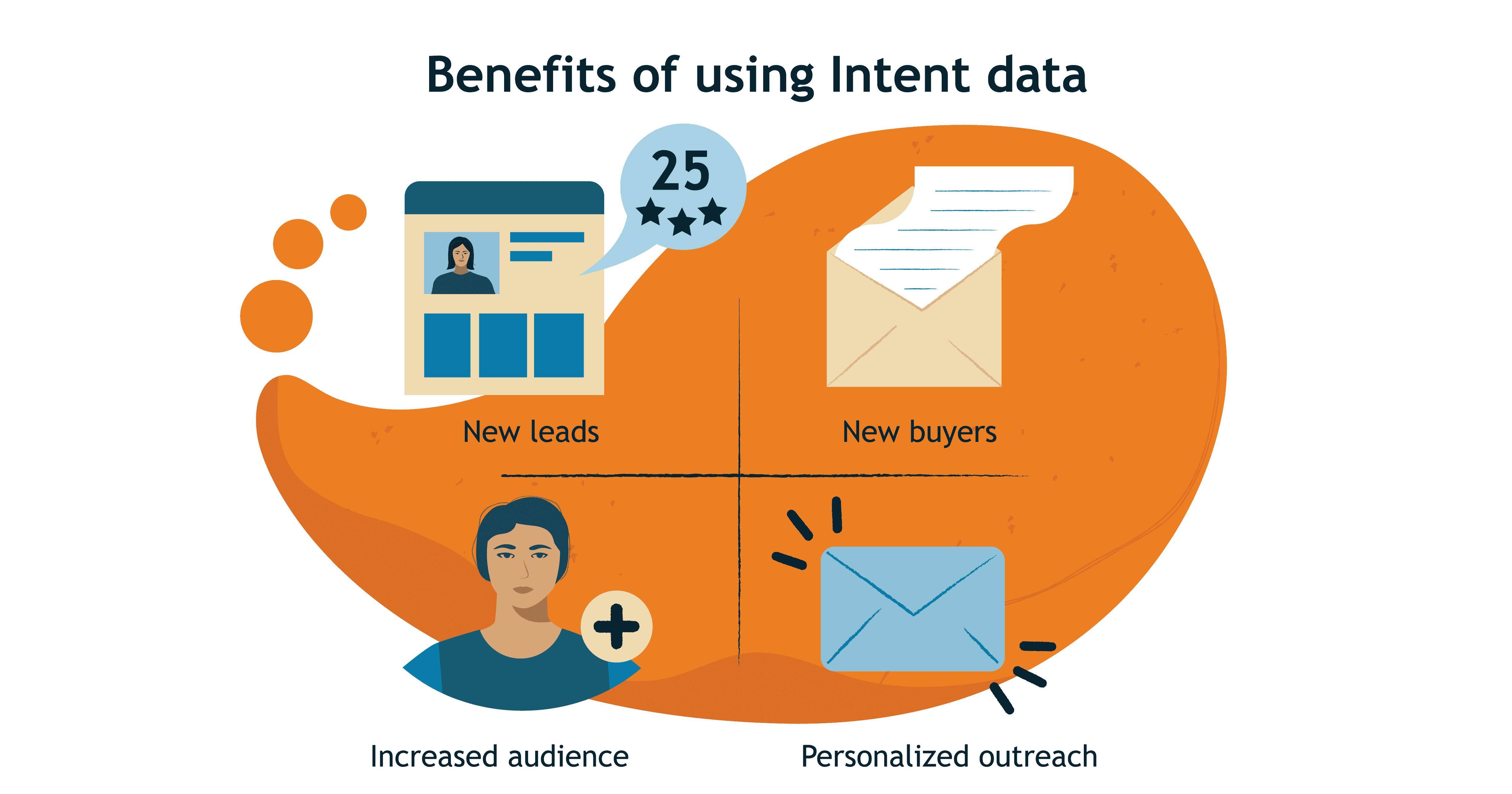Data is king! Effective data collection, analysis, and use give businesses a distinct advantage over rivals. This is true in marketing, where data-driven insights can develop campaigns that are more focused and efficient.
We will examine how businesses can use data to implement personalized and targeted marketing, integrated marketing automation and CRM systems, use analytics for well-informed decision-making, and navigate the crucial landscape of privacy and data protection in this comprehensive guide, which delves into the five key areas of data-driven marketing.
- Using Data to Segment Audiences and Gain Audience Insights
In data-driven marketing, knowing your audience is the first step. What characteristics do they have? What do they find interesting? What are the aches and pains? You can begin segmenting your audience into groups based on shared traits once you have a solid understanding of who they are. As a result, you will develop marketing campaigns that are specifically targeted and more likely to connect with your target market.
For instance, a clothing retailer may use data to divide its clientele into groups based on factors like age, gender, past purchases, and online activity. The retailer could then develop more specialized marketing campaigns for each group.
- Marketing Personalization and Targeting
You can start personalizing your marketing messages once you’ve segmented your audience. This entails adjusting your messaging and content to reflect the unique requirements and preferences of each segment. For instance, if you’re marketing a product to young professionals rather than retirees, you might create a different marketing campaign for them.
Beyond simply calling customers by name, personalization entails comprehending their preferences and predicting their needs. A travel website may use data to tailor its suggestions for lodging and travel. For instance, the website might provide more suggestions related to Paris if a user has previously searched for hotels in Paris.
- Integration of CRM and Marketing Automation
Lead generation, lead nurturing, and email marketing are just a few of the tasks that can be automated with the aid of marketing automation. You can track customer interactions across various channels with CRM integration, giving customers a more tailored experience.
It is possible to automate sending welcome emails to new subscribers or to start follow-up emails when a user abandons their cart by using marketing automation platforms.
While this is going on, CRM systems can monitor customer interactions over a variety of channels, including phone, website, and email, and provide insightful data for a more customized customer experience.
- Making Data-Driven Decisions with Analytics
The secret to making data-driven decisions is analytics. You can determine what is and is not working with your marketing campaigns by monitoring the results. You can improve your campaigns using this information to yield better results.
A business can use analytics to monitor the outcomes of its marketing initiatives, including website traffic, email open rates, and conversion rates. The company’s marketing campaigns can then be improved using this information. A business may also employ analytics to follow a customer’s journey, from the first website visit to the last purchase. The company can then use this information to pinpoint areas where its customer experience can be improved.
- Data Protection and Privacy in Marketing
It’s critical to be knowledgeable about the privacy and data protection laws that apply to your marketing endeavors. Researching these laws is crucial because they differ from nation to nation. You can protect your customers’ privacy and stay out of trouble by adhering to the relevant laws.
A business should always use a privacy policy to explain to its clients how their information is gathered and used. A business should also employ encryption to safeguard the privacy of its customers’ data.
Conclusion:
You can boost your marketing outcomes by using the potent tool of data-driven marketing. You can begin using data to drive your marketing strategy and accomplish your business objectives by paying attention to the five key areas covered in this guide. Accept the data-driven marketing era, and unleash the power of data to transform your marketing strategies.





